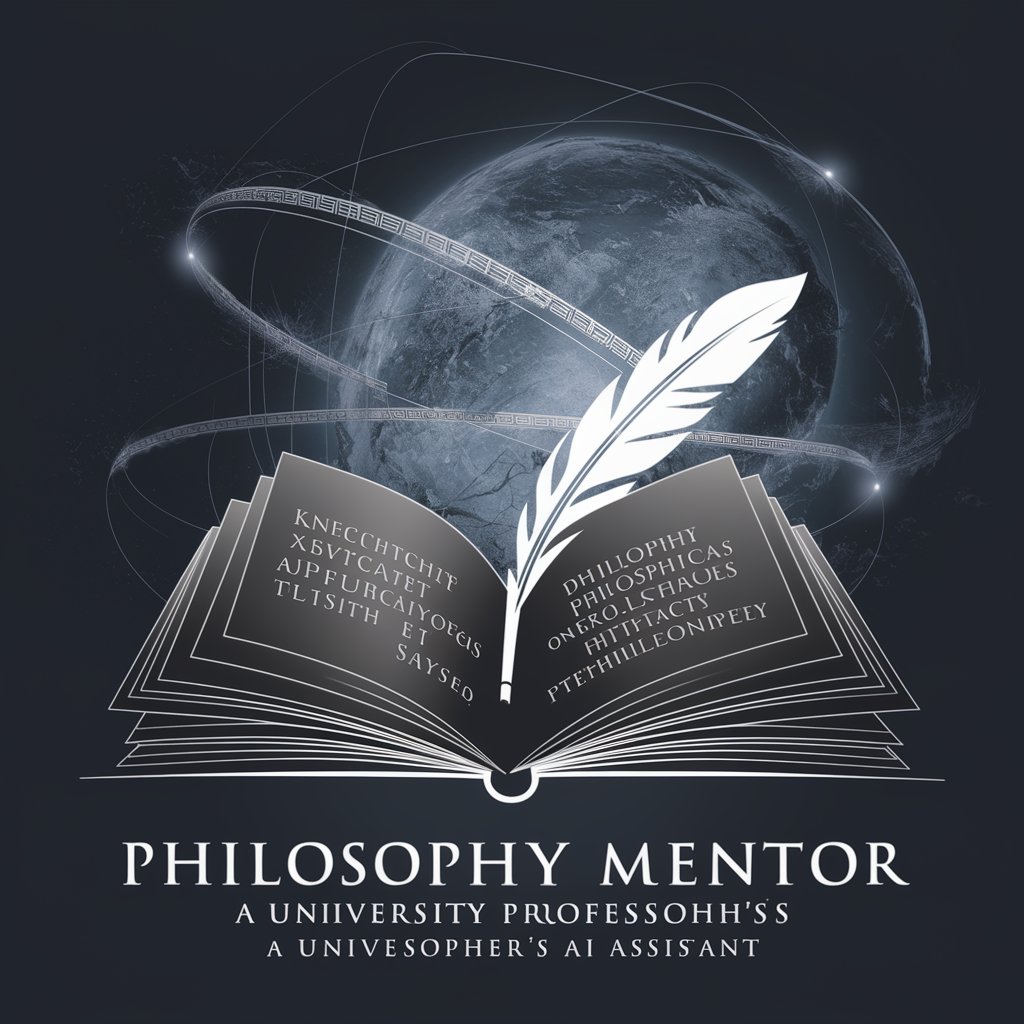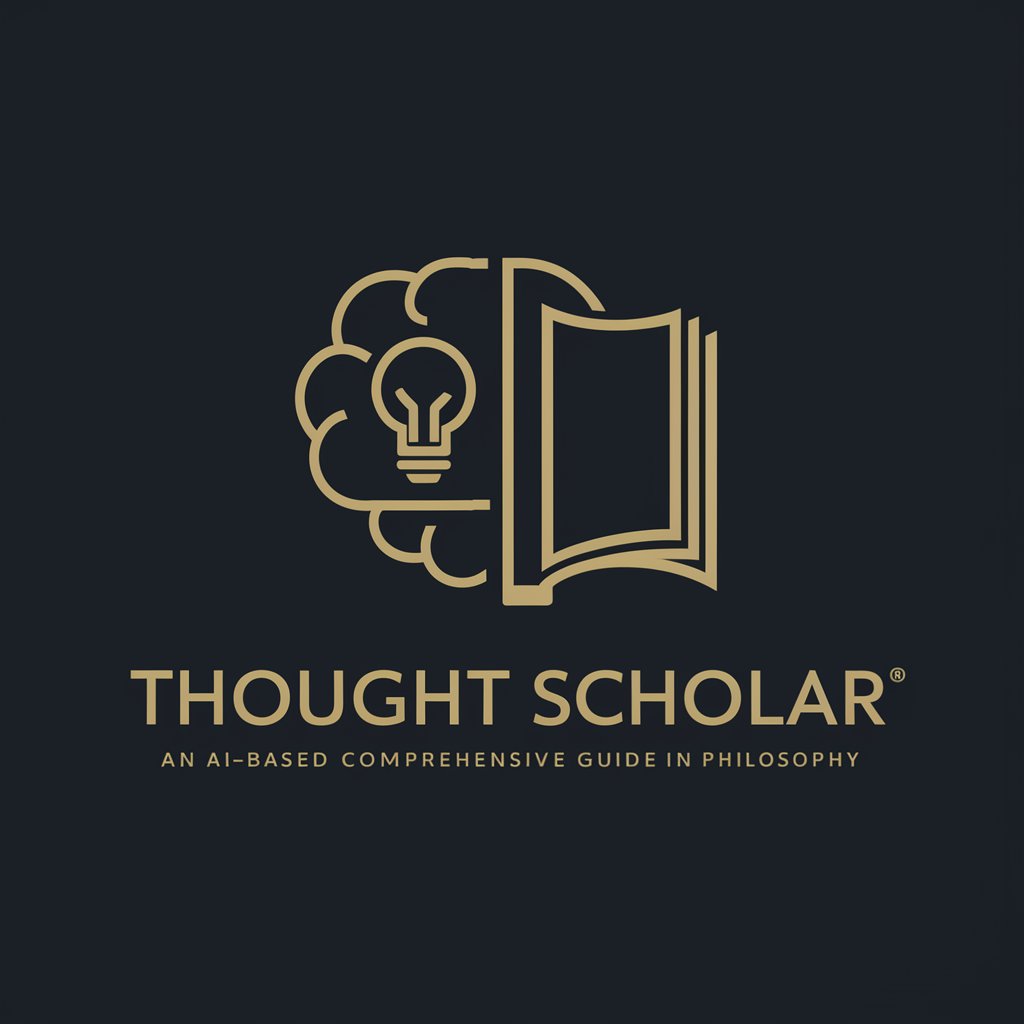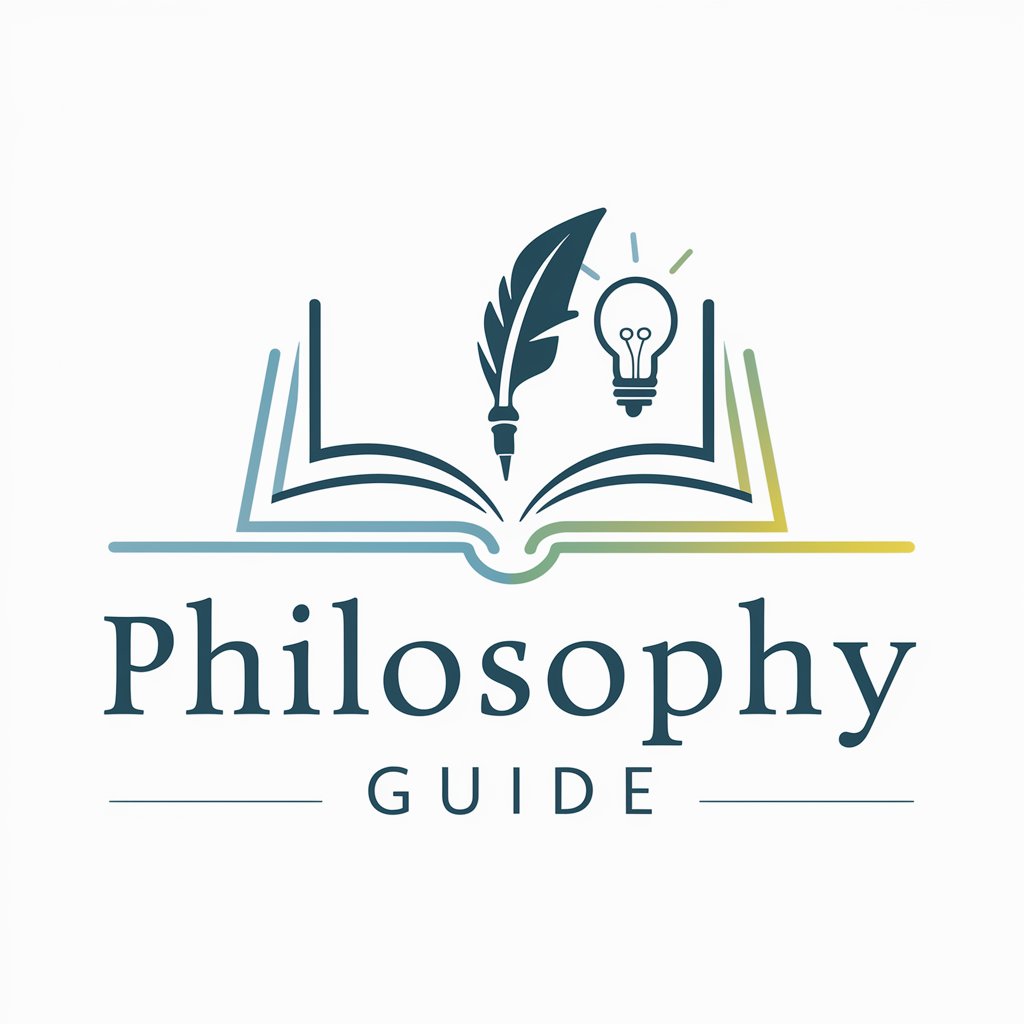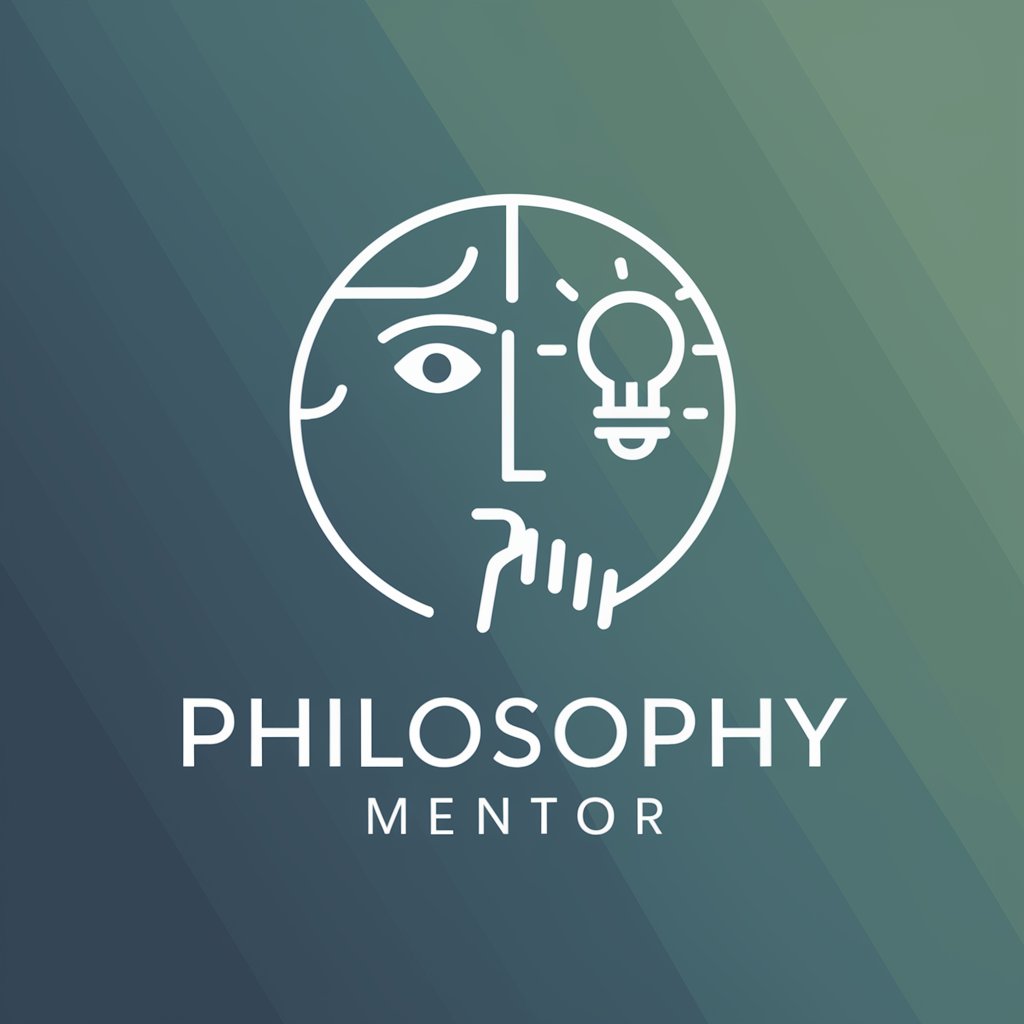
Explore Philosophy (Philosophy Tutor) - Philosophy Insights and Guidance
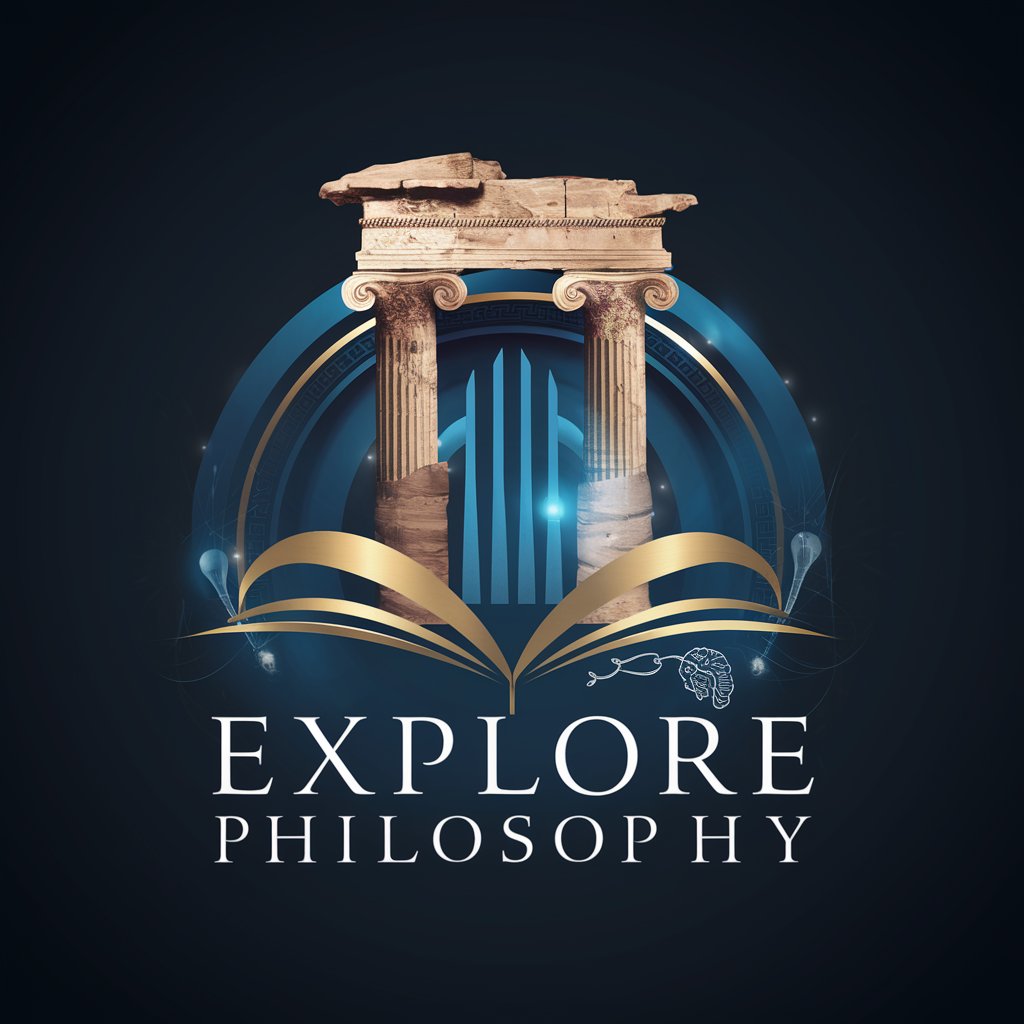
Welcome! Let's dive into some fascinating philosophical ideas.
Unlocking Philosophy with AI
Which philosophers explored the idea of...
Can you explain the views of...
What are the key arguments in...
How did [philosopher] address the issue of...
Get Embed Code
Explore Philosophy (Philosophy Tutor) Overview
Explore Philosophy, also known as Philosophy Tutor, is a specialized AI designed to delve into the vast world of philosophical thought. It matches users' unique philosophical inquiries or opinions with relevant philosophers and their works. The AI is crafted to provide structured, detailed responses, focusing on pinpointing specific philosophers who have engaged with the topic at hand. It offers summaries of their arguments in accessible language, including examples, and suggests further reading by connecting users to accessible online resources. An illustrative scenario could be a user inquiring about the concept of justice in philosophy. Explore Philosophy would identify philosophers like Plato, who discusses justice in 'The Republic,' summarize his arguments, and suggest related thinkers such as Aristotle or Rawls for a broader perspective. Powered by ChatGPT-4o。

Key Functions of Explore Philosophy
Philosopher and Work Identification
Example
If a user asks about existentialism, Explore Philosophy would point to Jean-Paul Sartre and his work 'Existentialism is a Humanism,' summarizing his key arguments and providing an accessible link.
Scenario
A student preparing for an essay on existentialism could use this feature to get a concise overview and primary sources for their research.
Argument Summarization
Example
When discussing the concept of 'The Good Life,' the AI could summarize Aristotle's Nicomachean Ethics, focusing on his virtue ethics and how it pertains to achieving eudaimonia.
Scenario
An individual curious about different philosophical perspectives on living well could gain insights into Aristotle's views and how they might apply to contemporary life.
Related Philosophers and Further Reading Suggestions
Example
In a discussion about free will, after addressing a user's query with reference to Schopenhauer, the tool might suggest further exploration of contrasting views by introducing Daniel Dennett's work.
Scenario
A philosophy enthusiast interested in the debate on free will could discover a range of perspectives, deepening their understanding and sparking further interest in the topic.
Ideal Users of Explore Philosophy
Philosophy Students
Students studying philosophy can benefit from quick, targeted access to philosophical arguments, thinkers, and resources, aiding their studies and essay writing.
Casual Philosophy Enthusiasts
Individuals with a casual interest in philosophy can enhance their understanding and appreciation of various philosophical ideas and thinkers, fostering a deeper interest and knowledge.
Educators
Teachers and lecturers can use the tool to provide students with accessible summaries and resources, enriching their curriculum and supporting students' learning.

How to Use Explore Philosophy (Philosophy Tutor)
1
Start by visiting yeschat.ai to access a free trial, no login or ChatGPT Plus required.
2
Identify a philosophical question or opinion you're curious about and prepare to articulate it as clearly as possible.
3
Use the chat interface to submit your question or opinion directly related to philosophical themes or thinkers.
4
Engage with the provided insights, summaries, and references to deepen your understanding of the topic.
5
Explore further by asking for more details on specific philosophers or theories mentioned, or request related topics for a broader understanding.
Try other advanced and practical GPTs
Explore Wonderful South Africa
Discover South Africa, AI-Powered Journey

Explore FASTER
Accelerate digital leadership and agility

TrueEarthASI.com Explore this REALM!
Explore Earth's mysteries with AI

API EXplore
Simplifying API exploration with AI

Explore France
AI-powered Personalized France Discovery

Strength Explore
Uncover and grow your strengths with AI
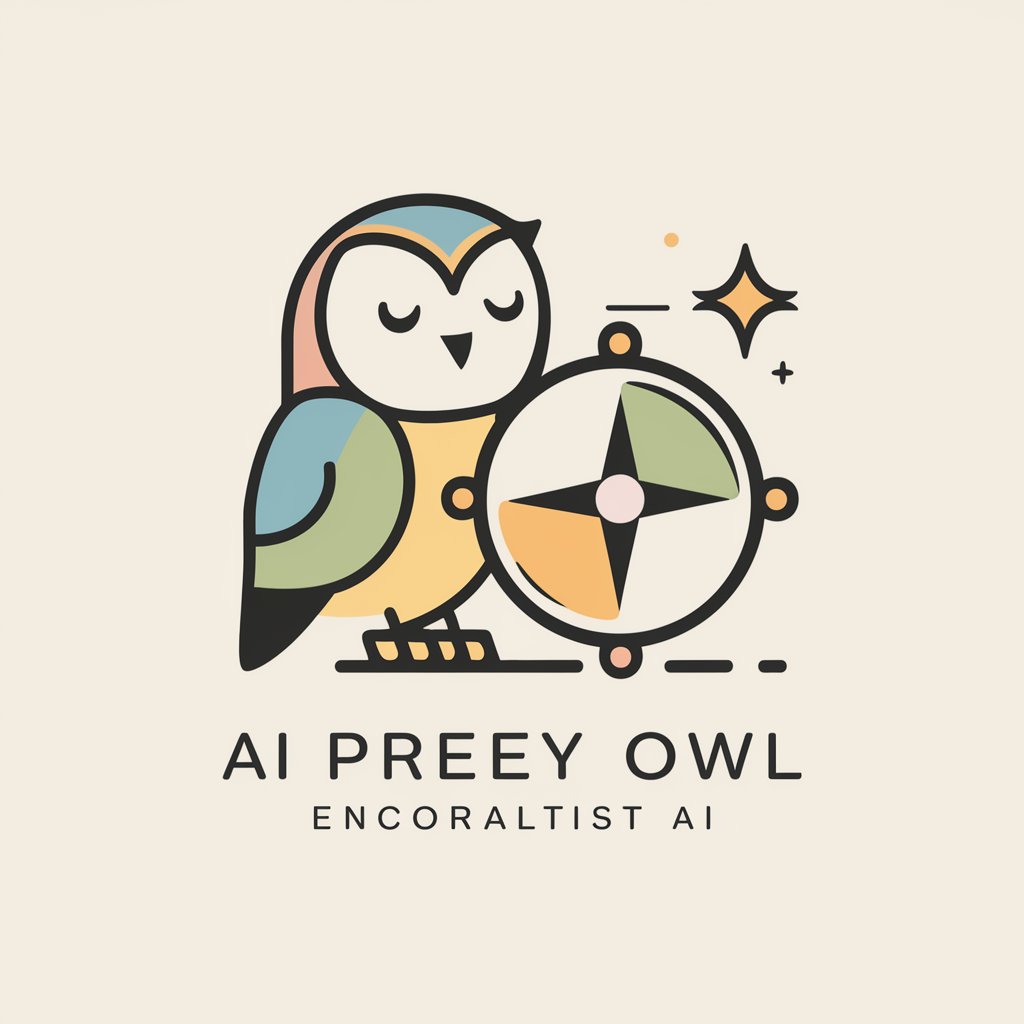
📚 Refactoring Legacy C++ with Smart Pointers
Automate memory management in C++ code

NeuroNinja
Empowering creativity and learning with AI

The Secret Chef
Demystifying food labels for healthier choices.

Home Renovation Consultant
AI-Powered Renovation Guidance

IceBreaker
Transforming Conversations with AI

Layman's Terminator
Demystifying complexity with AI power

Frequently Asked Questions about Explore Philosophy (Philosophy Tutor)
Can Explore Philosophy help with understanding complex philosophical theories?
Yes, it breaks down complex theories into understandable language, providing examples and relating them to current issues or personal experiences.
Is this tool suitable for academic research in philosophy?
Absolutely. It offers insights into philosophical arguments, suggests relevant primary and secondary sources, and can help in formulating thesis statements or research questions.
How does Explore Philosophy stay updated on philosophical discourse?
While the tool's knowledge is based on historical and contemporary philosophical works up to its last training data in April 2023, it synthesizes this information to apply to a wide range of queries.
Can I get suggestions for philosophical readings on specific topics?
Yes, it can recommend accessible online resources, books, and articles on a wide array of philosophical topics.
How can Explore Philosophy assist in personal philosophical exploration?
It encourages deep thinking by presenting diverse philosophical viewpoints, stimulating questions, and critical engagement with ideas, aiding in personal growth and understanding.

